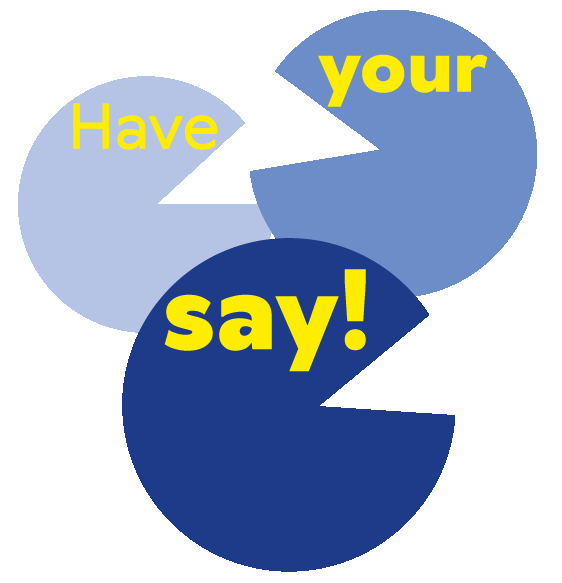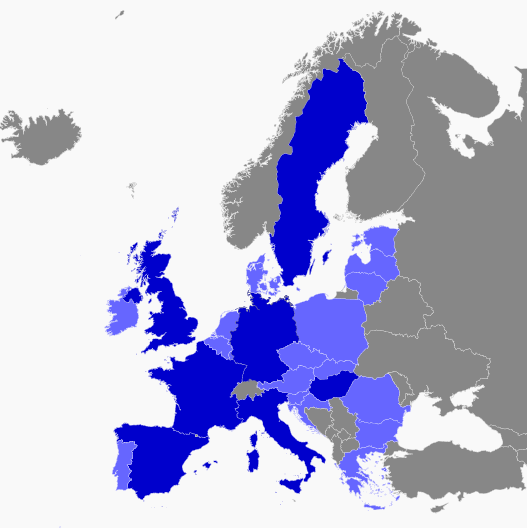Here are some notions which are important for the Have Your Say project.
Plain language
A form of language or way of expression especially taking into consideration the needs of people with lower reading abilities, for example people who do not practice reading in everyday life, or people who are new to the language.
Various concepts of plain language have been developed in various countries. The term plain language is typically used in the English speaking parts of the world, but other terms are in use as well, e.g. easy language or accessible language.
In Germany, as an example, two different concepts are in use:
a) Einfache Sprache: Language level B1. For people of normal intellectual abilities, but with little training in reading or the general use of German language. Information is usually given in full, but with reduced complexity of expression.
b) Leichte Sprache: Language level A1. This form of language is especially for people with intellectual disabilities / learning disabilites. Information will usually be reduced to a minimum)
Note that both German terms translate to "simple language", but they mean different things. This is confusing even for German experts.
Fact-based thinking
In the HYS project, we want to develop new learning opportunities (courses, trainings, events, games) for people with the specific goal of helping them to base their political thinking as much as possible on facts and as little as possible on mere beliefs or myths (commonly shared beliefs or claims).
Self-reflectivity
An important skill is also to be able to analyze one's own motivations, feelings, the sources of one's own convictions, values, and ideas of what is good and bad. The adult education methos we develop and test in the Have Your Say project will therefore always more or less explicitly support learners to enhance their ability of self-reflectiveness.
Tolerance
Non-standard learning opportunities / non-standard teaching











